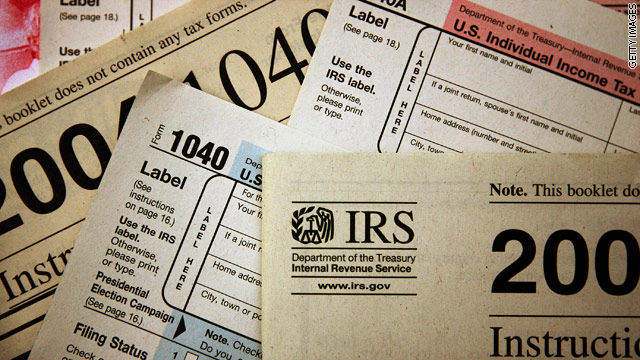When a person or married couple begin filing bankruptcy, particularly chapter 7 bankruptcy or chapter 13 bankruptcy of the U.S. Bankruptcy Code, they incur many duties and obligations which must be satisfied in order to receive an eventual discharge (cancellation) of their debts. One of the obligations, while filing bankruptcy, is to provide the trustee assigned to their case a copy of their most recently filed federal and state income tax returns.
Current Tax Returns & Filing Bankruptcy
If your tax returns are not current, returns will have to be prepared and filed for all tax years before a debtor will receive a discharge of any debt after filing bankruptcy. Your case may be kept open and your discharge of debts delayed while a trustee waits for such returns. Failure to provide requested returns may prompt a Motion To Dismiss from a trustee. Failure to file a required return may prompt a similar motion from a taxing authority.
Even though tax debts are ordinarily not dischargeable, tax returns are a critical tool used by trustees to verify information reported by debtors in their bankruptcy schedules.
Occasionally a trustee will ask for more than the most recent return, particularly if a person has more complicated financial affairs or the trustee needs to verify something he has been told by debtors regarding prior years. While filing bankruptcy, a debtor has a duty to comply with such document requests.
The only exception on providing tax returns would be for those who did not file a return because they were not required to do so by law due to their limited income.
If a debtor cannot find a copy of his tax return, often he can pay to get a copy of his return or his tax return transcript from the IRS or a state taxing authority.

